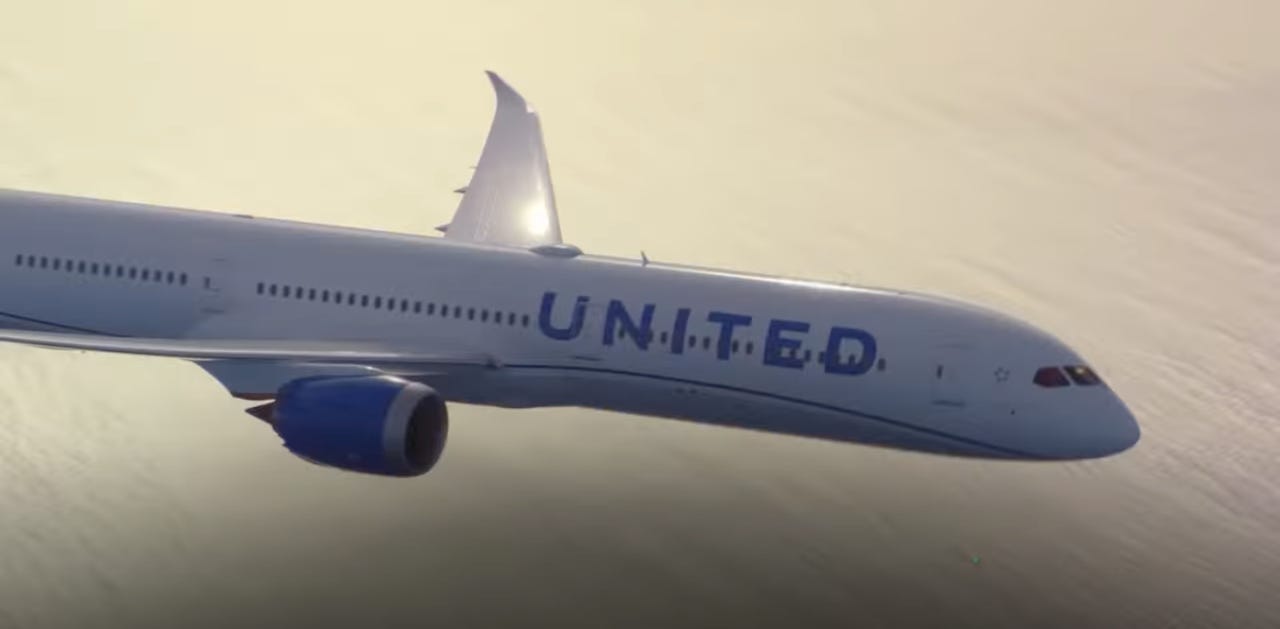United Airlines said it was just PR. The CDC says airlines are full of it

United in ignoring the CDC?
Your Zoom fatigue is only getting worse.
The Points Guy
Perhaps you've already been vaccinated, which has led you toward being emboldened.
You want to get out. You want to go and see clients, colleagues, and certain secret friends whom you always manage to catch up with when you're on a business trip.
America's airlines are on your side. They know that business travel will only return slowly. But even Delta is now preparing for a surge -- in flying, not COVID-19 -- by opening up its middle seats from May 1.
Which brings me, sadly, to that very subject.
When COVID-19 began to invade our shores, airlines begged the government for jumbo loads of money, while at the same time begging passengers to fly. Yes, even in middle seats.
Last summer, United Airlines' chief communications officer Josh Earnest was most definitive: "When it comes to blocking middle seats, that's a PR strategy. That's not a safety strategy."
Oh, but then some large scientific brains suggested this may not be true. One suggested there was twice the risk of catching COVID-19 if middle seats are filled.
And now the CDC has come out with research entitled: "Laboratory Modeling of SARS-CoV-2 Exposure Reduction Through Physically Distanced Seating in Aircraft Cabins Using Bacteriophage Aerosol."
The short version? When middle seats were left empty, there was a reduction of between 23% and 57% in exposure to viral particles deemed "viable." The research may have its methodological limitations. It was conducted with non-mask-wearing mannequins.
But you know when airlines want to put their fingers in their ears and make loud, unintelligible noises. They get pressure group Airlines for America -- which some may think of as Airlines for Airlines -- to offer a collective pooh-pooh.
USA Today reported that Airlines for America insisted that Harvard research showed that airlines' ventilation measures and other protective steps have so many things better that it "effectively counters the proximity travelers are subject to during flights."
It would be churlish to mention that airlines offered some of the funding for this research. It would also be churlish to mention that recent research from New Zealand offered that COVID-19 can spread really quite widely on a long-haul international flight.
So instead, let's focus on how much the airlines believe their own PR.
If everything is just so fine with packing planes to their very gills, why is it that Southwest Airlines is trying to stop passengers from ordering by using their voices? Yes, even while wearing masks.
And why, too, do United Airlines flight attendants worry that serving snacks again leads to a "toxic environment"?
Airlines' whole business models these days seem to involve shoving as many seats as possible, as close to each other as possible, in order to maximize revenue.
Waving a dismissive regal hand at research that's at odds with your desire to make money isn't perhaps the best way to reassure passengers.
Still, the airlines know that humans have been cooped up for more than a year now, so those humans are highly motivated to be cooped up in a plane for a few hours, in order to smell the ocean air again.
But if you're flying for business, you won't get any of that ocean air, will you? (Will you?) So perhaps your decision parameters may be different.
Or is the desperation to get away from Zoom and Microsoft Teams just too powerful to resist?
